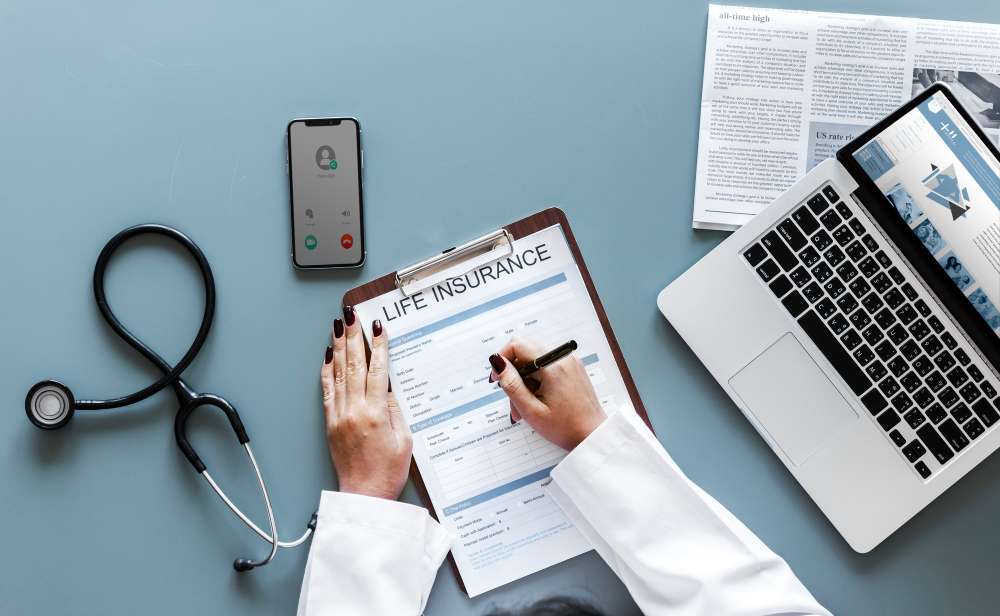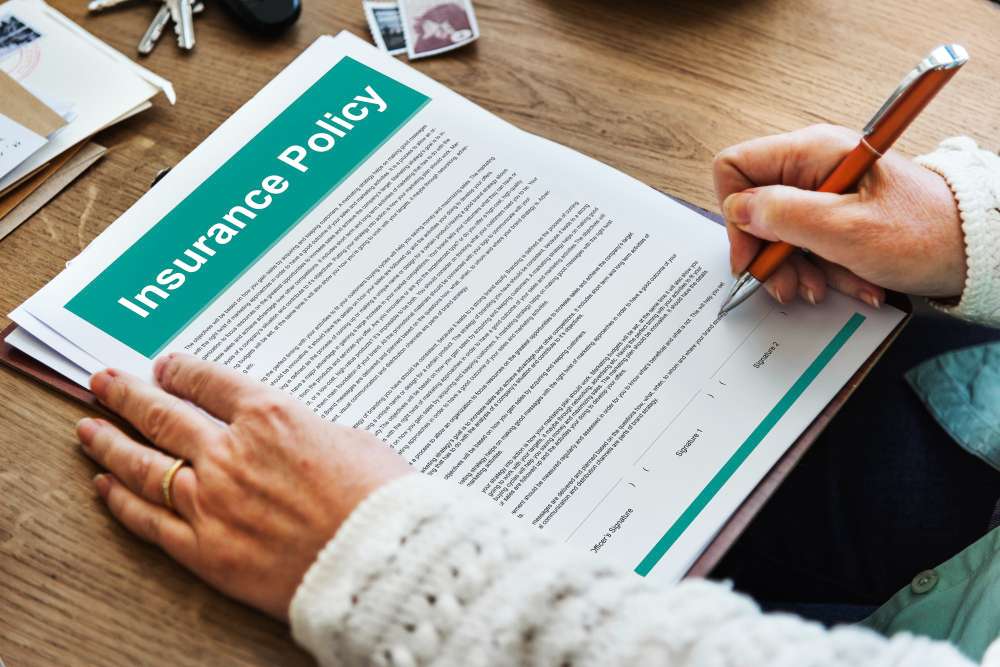Truck Accident Lawsuits: What Victims Need to Know in 2025

Understanding Truck Accidents in 2025
Truck accidents remain one of the most catastrophic traffic incidents due to the sheer size and weight of commercial vehicles. In 2025, with the rise of autonomous technology and tighter federal regulations, truck accident lawsuits are evolving rapidly. Whether you’re a victim, a legal professional, or just researching the topic, this article offers a complete roadmap on how to handle truck accident claims, maximize compensation, and understand your legal rights.
The Rising Trend of Truck Collisions
Why Truck Accidents Are Increasing
Despite enhanced safety protocols, truck accidents have surged due to:
- Driver fatigue from long hauls and unrealistic delivery deadlines.
- Distracted driving, including smartphone use and navigation systems.
- Mechanical failures due to poor maintenance or manufacturing defects.
- Autonomous vehicle malfunctions in semi-automated trucks.
These accidents often result in severe injuries, fatalities, and multi-party legal disputes.
Types of Truck Accidents
- Jackknife Accidents
- Underride Collisions
- Rollover Accidents
- Blind Spot Accidents
- Cargo Spills
- Rear-End Collisions
Each type has unique legal implications, especially when determining liability.
Legal Framework Governing Truck Accidents in the U.S.
Federal Motor Carrier Safety Regulations (FMCSR)
The FMCSR, enforced by the Federal Motor Carrier Safety Administration (FMCSA), outlines strict rules on:
- Hours of service (HOS)
- Vehicle maintenance logs
- Driver qualification requirements
- Cargo loading and securement
Violations of these regulations often serve as evidence of negligence in lawsuits.
State Laws and Statute of Limitations
While federal laws apply, state laws influence:
- Time limits to file a lawsuit (statutes of limitations)
- Compensation caps
- Comparative fault rules
Most states allow victims 2 to 3 years to file a claim, but consulting a lawyer immediately is crucial to preserve evidence and witness testimony.
Who Can Be Held Liable in a Truck Accident Lawsuit?
Truck accident cases often involve multiple potentially liable parties, including:
1. Truck Driver
Negligence includes:
- Driving under the influence
- Violating HOS limits
- Speeding or reckless driving
2. Trucking Company
Companies may be held liable under vicarious liability or for:
- Hiring unqualified drivers
- Failing to maintain vehicles
- Encouraging unsafe delivery schedules
3. Vehicle Manufacturer
If defective components (e.g., brakes, tires) caused the crash.
4. Cargo Loaders
Improperly secured cargo leading to instability or spills.
5. Government Entities
For poor road conditions or lack of signage.
Critical Steps to Take After a Truck Accident
1. Seek Immediate Medical Attention
Even if you feel fine, latent injuries like internal bleeding or TBI (traumatic brain injury) may not show symptoms immediately.
2. Call the Police and Request a Report
The police report will be a vital piece of evidence during your case.
3. Collect Evidence at the Scene
If possible, gather:
- Photos of the accident
- Driver’s information
- Witness contact details
- Dashcam footage
4. Avoid Speaking to Insurance Adjusters Alone
They aim to minimize payouts. Refer them to your attorney.
5. Contact an Experienced Truck Accident Lawyer
This is non-negotiable. Truck accident litigation is complex, and legal representation significantly increases your chances of receiving maximum compensation.
Types of Compensation in Truck Accident Claims
1. Economic Damages
- Medical expenses (past and future)
- Lost income
- Property damage
- Rehabilitation costs
2. Non-Economic Damages
- Pain and suffering
- Emotional distress
- Loss of consortium
- Diminished quality of life
3. Punitive Damages
In cases involving gross negligence or reckless conduct.
The Lawsuit Process: Step-by-Step Guide
1. Investigation and Evidence Gathering
Lawyers will request:
- Black box data
- Logbooks
- Surveillance footage
- Expert accident reconstruction
2. Filing the Claim
After investigation, a personal injury lawsuit is filed against all responsible parties.
3. Discovery Phase
Both sides exchange evidence. Depositions may be taken from drivers, company reps, and experts.
4. Settlement Negotiation
Many cases settle before trial. A strong legal team ensures fair compensation, not lowball offers.
5. Trial
If no agreement is reached, your attorney presents the case in court.
6. Post-Trial Motions and Appeals
If necessary, appeals may follow, especially in high-stake cases.
Challenges Unique to Truck Accident Lawsuits
- Corporate legal teams aggressively defend their interests.
- Evidence may be tampered with or withheld.
- Insurance companies often use tactics to delay or deny claims.
- Determining fault among multiple parties requires expertise.
Why Victims Should Never Accept the First Settlement Offer
Most initial offers do not reflect the real value of your losses. Accepting early may waive your rights to future claims, especially for long-term injuries like:
- Spinal cord damage
- Traumatic brain injuries
- Chronic pain disorders
Always consult an attorney before signing anything.
How to Choose the Right Truck Accident Lawyer in 2025
Traits of a Competent Lawyer
- Track record of winning truck accident cases
- Familiarity with FMCSA regulations
- Ability to handle multi-party litigation
- Offers free consultation
- Works on a contingency fee basis (no win, no fee)
For trusted legal directories, visit https://www.avvo.com or https://www.nolo.com.
Common Myths About Truck Accident Lawsuits
Myth 1: Only the Driver Can Be Sued
Reality: Multiple parties can be held accountable.
Myth 2: You Don’t Need a Lawyer If You Have Insurance
Reality: Insurance companies prioritize their profits, not your well-being.
Myth 3: Lawsuits Are Too Expensive
Reality: Most lawyers offer free consultations and only get paid when you win.
What Victims Should Prepare for During the Case
- Lengthy legal proceedings
- Invasive discovery questions
- Physical and psychological evaluations
- Media scrutiny (for high-profile cases)
Having a legal team shields you from these pressures and ensures focus on your recovery.
Technology’s Role in Truck Accident Cases
1. Black Box Data (Electronic Logging Devices)
Crucial for proving speed, brake usage, and HOS compliance.
2. AI and Reconstruction Tools
Help simulate accident scenarios and pinpoint liability.
3. Dashcams and Traffic Surveillance
Visual evidence is often undeniable in court.
4. Fleet Management Software
Can reveal patterns of company negligence in driver scheduling and vehicle maintenance.
Real-Life Case Examples
- $10 Million Settlement (Texas, 2023) – A trucking company was held liable for encouraging drivers to violate HOS rules, resulting in a fatal crash.
- $5.8 Million Jury Verdict (Illinois, 2024) – Proved that improperly secured cargo caused a rollover accident.
- $3.2 Million Pre-Trial Settlement (Florida, 2025) – Autonomous truck malfunction resulted in a severe pedestrian injury.
What to Do If You Lost a Loved One in a Truck Accident
File a wrongful death lawsuit to recover:
- Funeral and burial expenses
- Lost future income
- Emotional suffering
- Loss of companionship
These cases are time-sensitive and emotionally complex. Seek compassionate and aggressive legal counsel.
Final Thoughts: Protect Your Legal Rights in 2025
Truck accidents can permanently alter lives. In 2025, navigating the legal system requires more than basic knowledge—you need the backing of seasoned legal professionals and immediate action to preserve your rights. The key to winning is early legal intervention, thorough evidence collection, and aggressive representation.
If you or a loved one has been affected, don’t wait. Consult a truck accident lawyer now, and secure your financial and physical future.
Helpful Resources
- FMCSA Official Site – https://www.fmcsa.dot.gov
- National Safety Council – https://www.nsc.org
- Truck Accident Support Forum – https://www.truckaccidentsupport.org
- Find Legal Help – https://www.blogcutter.com/lawyers



